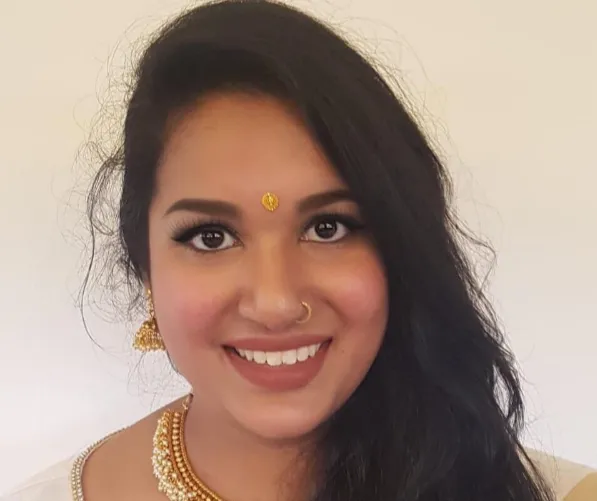"Araro Ariraro" does not have a direct literal meaning but the “words” are used in Tamil lullabies (thalattu) to soothe a child by mimicking the gentle rocking motion and comforting sounds used to put a baby to sleep.
But while often sounding cheerful, “Araro Ariro” is also a disguised lament and can also be used to convey coded messages about pain, struggle, and resistance during colonial times. With September being South Africa’s Heritage Month, and Wednesday, September 24, being Heritage Day, I’ve been reflecting on what it really means to honour our past.
Heritage is not only about what we proudly showcase in public festivals, but also about what has been hidden, silenced, or nearly forgotten. In scrolling through Instagram recently, I came across Araro Ariraro, a musical documentary from Malaysia, that speaks directly to this tension.
Located under the Instagram handle (@plantation.life), this platform presents itself as a digital exhibition dedicated to remembering and retelling the untold stories of those who lived and laboured on plantations. Through evocative images, reels, and curated narratives, it foregrounds themes of resilience, culture, and community, offering a space where history is re-framed with dignity.
The docu revives the forgotten songs of Tamil plantation workers in colonial Malaya (as Malaysia was once known). These were songs carried in the throats of labourers who toiled in rubber plantations, songs of love and longing, of protest and endurance. They were not written down, but sung in kitchens, in the fields, and at night to children. They were oral archives of survival, fragile but powerful.
Today, they risk disappearing unless deliberately preserved. Encountering this project stirred something profound in me. It reminded me of the parallel histories of indenture here in South Africa. When the first ships docked in Natal in 1860, Indian labourers carried with them songs, stories, prayers, and fragments from back home In India. Much like in Malaya, music was one of the few things they could truly keep threaded into lullabies, work songs, and religious hymns.
These songs helped them endure the violence of the cane fields, the ache of separation, and the uncertainty of exile. And sadly, just as in Malaysia, many of these oral traditions are slipping away. While traces remain in bhajans sung in temples, in wedding songs, or in the Tamil lullabies some grandmothers still hum, much has been lost to silence.
I often think about the songs that may have once echoed across the sugar plantations of Natal, and how little we know of them now. This is why Araro Ariraro feels so urgent. Om Sakthi Films, a Kuala Lumpur–based collective, has made it their debut project to preserve this memory, to stitch together a century of the Indian Malaysian experiences through music.
Their work is a reminder that heritage is not guaranteed to survive. It needs us, our voices, our recordings, our willingness to carry it forward. At the same time, Heritage Month is also a reminder of what has endured.
Last Wednesday, many South Africans of Tamil descent commenced the observance of Purttasi, the sacred month dedicated to Lord Venkateswara. It is striking that more than 160 years after the first indentured labourers arrived, this religious tradition in praise of Lord Vishnu, is still maintained so fervently in South Africa. Temples are filled with prayers recited, and vegetarian fasts observed with deep devotion. This continuation of Purttasi is itself a living song of heritage, proof that despite displacement, some practices have been carried across oceans and sustained through generations.
For me, this is what Heritage Month should also be all about. Not only celebrating what has survived but recognising what is slipping away. Asking ourselves: which stories, which songs, which rituals might vanish if we don’t make the effort now to record them? And how might reviving them help us heal intergenerational wounds?
If the songs of Araro Ariraro move, you - as they did me - I invite you to think about your own heritage in this way. Speak to your elders. Ask about the songs they once heard in the cane fields, or the prayers whispered in kitchens. Record them, hum them, sing them. Support projects like this documentary that take oral history seriously. Because heritage is not only about remembering, but also about keeping it alive. And if we do not act now, we may lose these echoes of survival forever.

Saranya Devan.
Image: Supplied
Saranya Devan is a theatre-maker, dance performer, academic and proud Tamilian. She holds an MA in dance from UCT, and a MA in Bharatha Natyam from the University of Madras.
** The views expressed do not necessarily reflect the views of IOL or Independent Media.